A tiny creature with a mega purpose for the earth needs protecting.
In a podcast with Sara Newton, Head of Content and Creative Strategist for Sea Shepherd, I learned there is a massive decline of krill in the Antarctic and what that means for marine life and our planet.
Krill are tiny crustaceans that are a primary food source for whales, seals, penguins, and Antarctic birds. They are considered keystone species because they keep the ecosystem in balance by consuming phytoplankton on the water’s surface in the summer and algae that gather under sheet ice in the winter that are rich in carbon dioxide. Once they consume the phytoplankton and algae, they excrete the carbon they have eaten in the colder waters below, resulting in a carbon sink. This in turn helps to mitigate climate change. According to Sea Shepherd, krill can remove 23 million metric tons of carbon each year in the Antarctic, the same amount of carbon produced by approximately 35 million gas-powered cars. Krill are critical as a food source for marine life and the health of the planet.
But krill are also wanted for human consumption, either prepared in dishes or used for their oil, as western consumers are looking for pure sources of Omega 3’s. Krill is also used for fishmeal to feed farmed fish, and have become increasingly found in popular pet food.
Krill populations have declined by 80% since the 1970’s. Sea Shepherd even encountered krill trawlers in the Antarctic while they were there for an anti-whaling campaign against Japan. Another method of catching krill is through the use of underwater vacuums which results in bycatch of marine life like whales. Not only are whales losing their primary source of food, but some are also losing their lives because of krill consumption by humans.
Unfortunately, greenwashing the public about certified sustainable krill has caused the scientific community and NGO’s to raise awareness of these false claims flooding the market.
Proactively, society can stop buying krill-based products such as omega-3 oils that contain krill, pet food, or eating farmed fish to protect krill and marine life that consume it and to protect our greatest resource, planet Earth. Click here to learn more.


